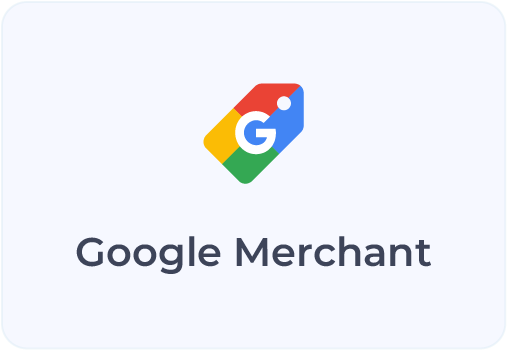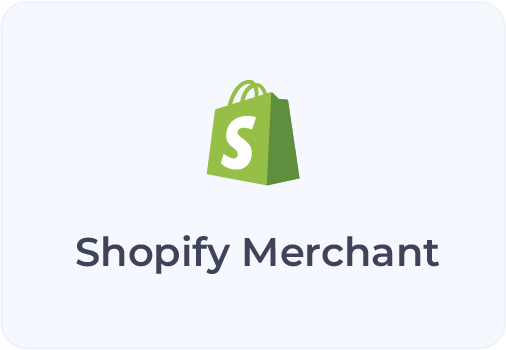The key to ecommerce success often lies in precise pricing and strategic product promotion. But in a landscape driven by data, guesswork isn’t enough. To outmaneuver competitors and maximize profits, you need clear insights into how your products compare to others in the market.
That’s where product matching comes in. It’s not just a nice-to-have feature — it’s the foundation for effective pricing, competitive strategy, and more intelligent business decisions.
What is product matching in ecommerce?
Product matching is identifying identical or equivalent products sold by competitors. Ecommerce retailers gain valuable insights into competitor pricing, stock levels, reviews, and more by analyzing similar products across multiple platforms.
For example, if you’re selling a popular smartwatch in different sizes and colors, product matching helps you find the same item on competitor sites. This process ensures you’re benchmarking prices accurately and not comparing apples to oranges.
Why is product matching essential?
Product matching is the fuel that powers competitive pricing strategies. You risk underpricing high-value products or overpricing against inferior alternatives without accurate matching. These mistakes not only harm margins but also erode trust with customers.
With precise product matching, you can:
- Benchmark your prices confidently against competitors.
- Spot opportunities to undercut rivals or adjust pricing for better margins.
- Identify market gaps where competitor products are unavailable or overpriced.
How does product matching work?
To implement product matching, you start with detailed product data from your catalog:
- Product name: Standardized naming conventions help with accuracy.
- Brand: Ensures comparisons are made with the same manufacturer.
- GTIN/barcode: A universal identifier that reduces mismatches.
- Category: Helps filter relevant matches.
- Attributes like size and color: Provide further specificity.
This data is then cross-referenced with competitor sites using product matching tools or algorithms. While manual matching is an option, it’s often tedious and prone to error, especially for large catalogs. Automated solutions powered by machine learning (ML) are faster, more reliable, and scalable.
The role of machine learning in product matching
Machine learning has revolutionized product matching by enabling large-scale accuracy at speed. There are two main approaches:
- Rules-based matching: Matches products based on predefined conditions like identical titles.
- ML-driven models: Analyze patterns in large datasets to find matches more effectively.
A hybrid approach often works best — leveraging the precision of rules while allowing ML to manage complex datasets and edge cases.
Product matching and competitive pricing strategies
Competitive pricing thrives on accurate product matching. Here’s how it influences key pricing strategies:
Benchmark pricing
By comparing your prices to identical products, you clearly understand your position in the market. Accurate benchmarking ensures you’re not inadvertently overpriced or leaving money on the table.
Dynamic pricing
Product matching enables dynamic pricing. What is dynamic pricing? It’s also known as automatically adjusting your prices based on competitor data, demand, and other factors. You can stay agile and relevant in a fast-moving market with real-time insights — if you have the right commerce dynamic pricing tools.
Promotional pricing
Accurate matching helps inform sales and promotions. You can confidently time discounts to undercut competitors or avoid unnecessary markdowns on competitively priced products.
Identifying margin opportunities
Product matching surfaces excess margins on items where competitors are charging significantly more. This allows you to adjust pricing upward without losing competitive positioning.
The risks of poor product matching
Inaccurate or inconsistent product matching can distort your pricing strategy. For example:
- Comparing your premium product to a competitor’s budget may lead to underpricing and margin erosion.
- Incorrectly identifying a competitor’s product as superior could result in pricing yourself out of the market.
- Misaligned data impacts decisions across marketing, inventory planning, and vendor negotiations, leading to inefficiencies.
Use cases: How ecommerce platforms leverage product matching
On Amazon
Amazon uses product matching extensively in its “Other Sellers on Amazon” feature, ensuring consumers can easily compare identical items. Their algorithms cross-reference rich internal data like catalog descriptions and barcodes for precision.
On other platforms
Retailers outside Amazon rely on publicly available information, including product titles, images, and descriptions. Advanced product matching tools streamline this process, providing similar capabilities to those seen on Amazon.
The future of product matching in ecommerce
As ecommerce grows more complex, the importance of product matching will only increase. Emerging technologies like AI and ML will make matching faster and more accurate, even for nuanced comparisons. However, challenges like inconsistent product data and evolving regulations will require adaptable strategies.
Retailers that embrace robust product matching will unlock deeper insights, enabling them to refine pricing, improve assortment strategies, and better align with market dynamics.
How to start with product matching
Getting started with product matching doesn’t have to be daunting. Solutions like Intelis AI offer advanced tools to automate the process and ensure accuracy at scale. With the right technology, you can integrate product matching seamlessly into your pricing and merchandising operations.
Final thoughts
Product matching in ecommerce is more than a pricing tool — it’s a competitive advantage. Retailers can drive growth and stay ahead in a crowded marketplace by benchmarking against real market data, identifying opportunities, and optimizing strategies.
Ready to level up your pricing game? Explore how Intelis AI’s product matching capabilities can revolutionize your approach to competitive pricing.






